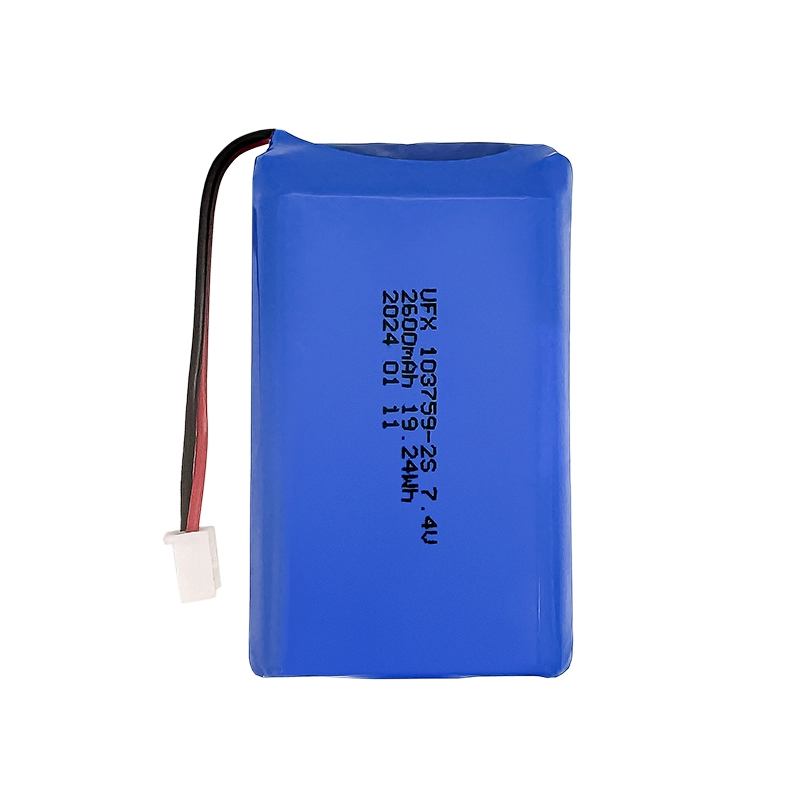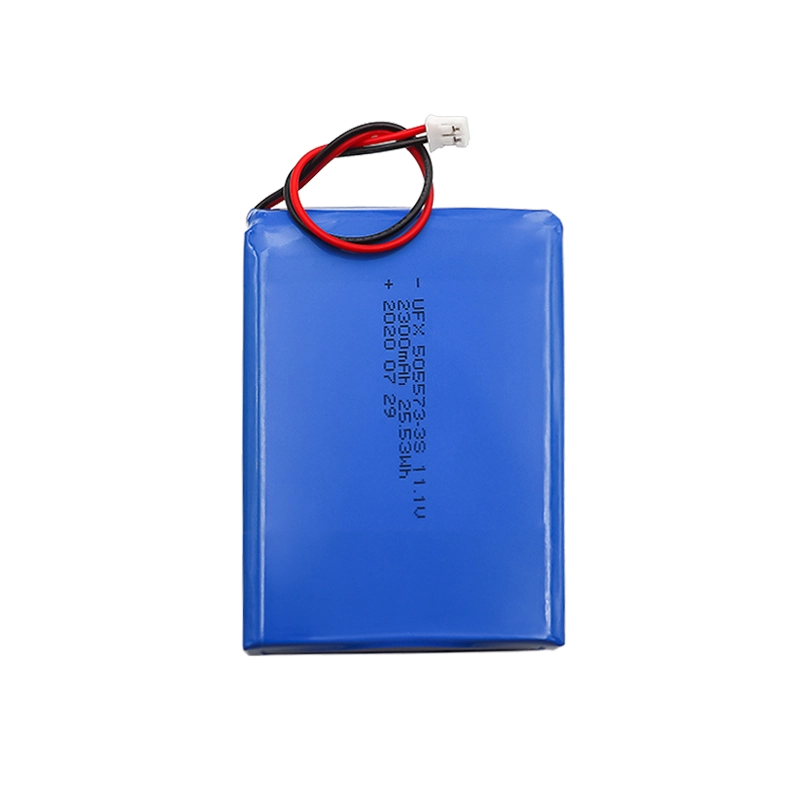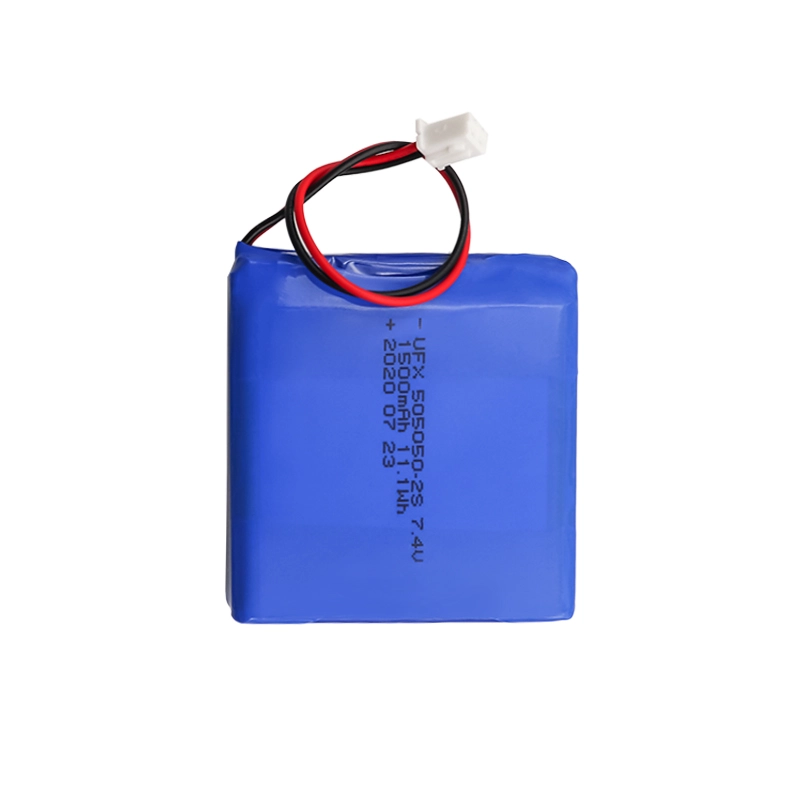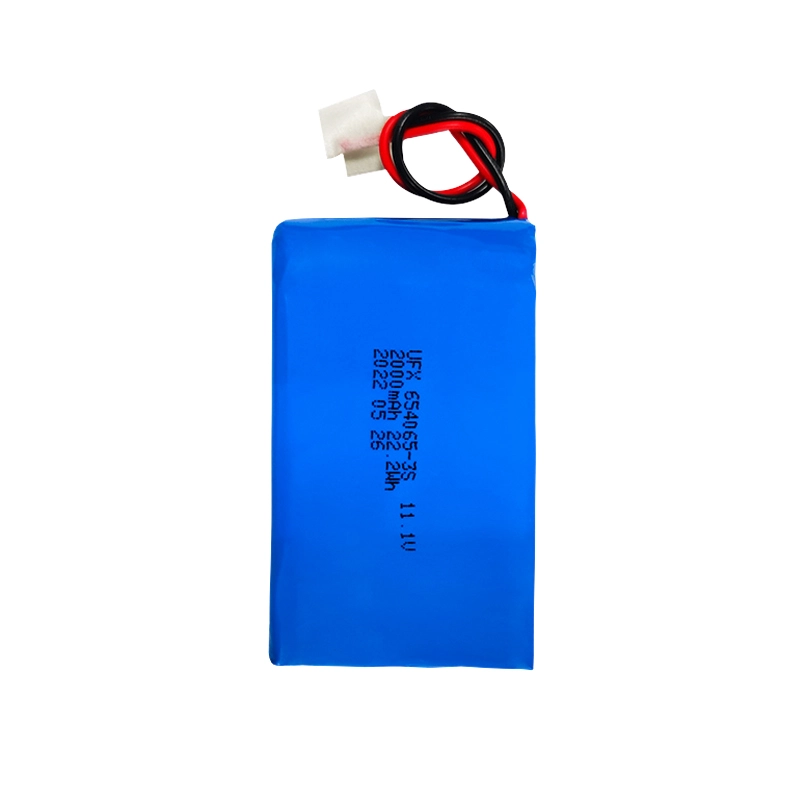
Military Battery: Key Energy Source For Military Technology
As the global situation escalates, countries are gradually realizing the importance of high-performance energy systems for modern armies. As a key energy source that drives military technological innovation, military lithium batteries have the potential for continuous improvement and development. Its optimization in energy density, power density and cycle life enables it to meet the stringent needs of military applications.
As a high-energy-density battery, new energy batteries have become one of the key energy sources in modern military technology. Compared with traditional batteries in the past, it can provide a longer-lasting energy supply for a variety of military equipment including missiles and navigation systems, fighter jets, satellites and space probes. Military special batteries are widely used in field operations due to their high working voltage, small size and lightweight.
Characteristics of military lithium batteries
Different types of military batteries result in different standards for specialty lithium batteries. But there will be a basic requirement standard, that is, the requirements for impact and drop are basically the same. As for temperature, capacity, life, etc., they will vary according to the application requirements of the equipment.
Military battery requirements are much stricter than civilian batteries. Compared with civilian batteries, military new energy batteries have “three highs”: higher compliance standards, and need to undergo shooting tests. The requirements for cold and heat resistance are higher, and the battery can still work at more than minus 40 degrees. The discharge power requirements are higher, and the discharge power requirements of some equipment batteries are more than 10 times that of civilian batteries.
The specific requirements for special lithium battery packs are as follows:
High safety: Batteries must be safe and not cause personal injury or death under high-intensity impacts and blows.
High reliability: Ensure the battery is effective and reliable when in use.
Strong environmental adaptability: It is necessary to ensure that it can be used normally in different climate conditions, high-intensity electromagnetic environments, high/low-pressure environments, high radioactive radiation environments and high salt environments.
For example, for wireless communication equipment carried by soldiers, the battery standard requires that the first one must pass the shooting test. There is also the physical drop collision test. Then there is the demand for battery life tasks, which include short-term and long-term tasks. Normally, it is 15 days of battery life.
Ufine military battery
Healthy batteries are critical to military capabilities and national security. Military batteries can be quickly charged at any time during combat without any site maintenance, which can reduce the burden of logistics management. Therefore, it has been highly valued and developed by militaries around the world. In recent years, lithium-ion batteries have been widely used in dual-arm combat systems, landing craft, small unmanned aerial vehicles, air-to-air quadcopters, etc.
Ufine is not only a lithium battery manufacturer, but also a military lithium battery manufacturer. It has focused on the R&D, production and manufacturing of lithium batteries for many years. And provide customized military lithium batteries suitable for military products in different fields.
In terms of production and manufacturing equipment, most of the processes used by Ufine are automated. The equipment uses advanced imported lithium battery automated production and manufacturing equipment. This provides very high precision control in lithium battery production and manufacturing, greatly reducing the defect rate problem caused by manual operations and making lithium batteries more consistent.
Ufine has skilled employees in battery manufacturing and an experienced team of R&D and manufacturing engineers for lithium batteries and nickel-metal hydride batteries. The guarantee of dual comprehensive strength can provide customers with high-quality military batteries that meet actual needs.
High Energy Density
It stores large amounts of energy in a smaller and lighter package
Longer Cycle Life
Withstands extensive charge and discharge cycles
Low Self-Discharge
Maintains power longer when not in use
Safety
Minimizes the risk of accidents and ensures safe operation
More Information About Military Battery
-
What is the minimum order quantity (MOQ) for lithium batteries?
-
What is the lead time for lithium battery production and delivery?
-
Can your lithium batteries meet specific country or region certification requirements?
-
How long does it take to make a sample of a custom battery?
Latest Blogs
About Lithium Battery Industry News

How to Choose the Right Electric Fence Battery?
Choosing the right electric fence battery is key to security. This guide helps you pick a reliable farm, garden, or animal power source.
2025/04/16 Ufine
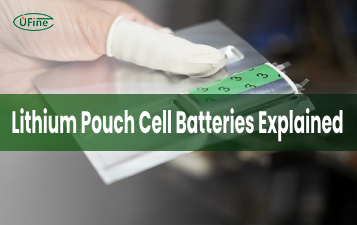
What Are Lithium Pouch Cells?
Explore how lithium pouch cells work, their structure, advantages, and uses. Learn from a trusted supplier like Ufine Battery for custom lithium solutions.
2025/04/16 Ufine
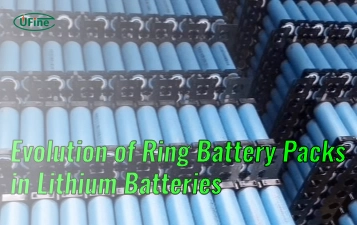
The Evolution of Ring Battery Pack Technology in Lithium Battery Manufacturing
Ring battery packs are reshaping lithium battery tech. Discover their evolution, key uses, and why they matter for the future of energy storage.
2025/04/16 Ufine
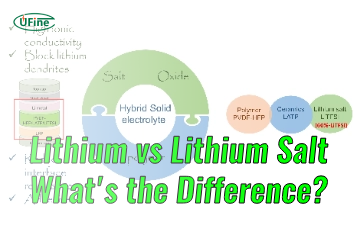
Lithium vs Lithium Salt: What’s the Difference?
Lithium is a pure metal, while lithium salts are stable battery compounds. Learn their key roles and differences in battery manufacturing.
2025/04/16 Ufine
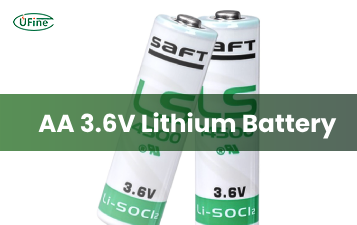
What You Need to Know About AA 3.6V Lithium Battery
Learn all about AA 3.6V lithium batteries—voltage, size, capacity, uses, and the best replacements. Discover why they’re powerful, and highly reliable.
2025/04/15 Ufine
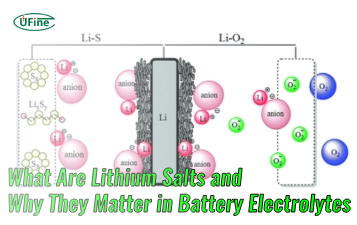
What Are Lithium Salts and Why They Matter in Battery Electrolytes
Lithium salts in electrolytes are key to battery performance, powering everything from phones to EVs and shaping the future of clean energy.
2025/04/15 Ufine

